celebrity radar - gossips
Inside Aso Rock: The Day Abacha Died
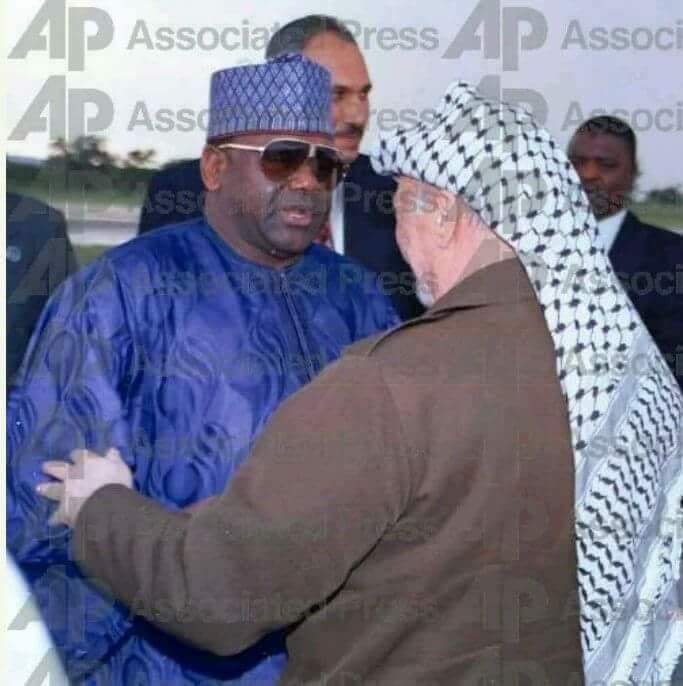
Friday June 5, 1998, was a cool bright day. Before we left the Villa, the Press Corps was informed that the leader of the Palestinian Liberation Organisation, Yasser Arafat, would be making a brief stop-over at the Nnamdi Azikiwe International Airport, Abuja, enroute Morocco. And he was expected to hold a brief discussion with the General Sani Abacha. We were therefore expected to be at the airport to cover the event on Sunday, June 7. It was a topical assignment in view of Nigeria’s neutral position in the Middle East conflict. Besides, the rest of us were keen to meet Mr. Arafat, the man at the centre of the storm.
That Sunday morning, the Press Corps headed for the airport to await the arrival of Yasser Arafat. We did not have to wait for too long before the Palestinian leader arrived, accompanied by a very modest delegation. President Arafat and General Abacha immediately went into private discussion at the VIP lounge of the Presidential wing of the airport. The Press outside waited curiously for the possible outcome of the talks between the two leaders, a kind of joint press conference, on all issues involved in the Nigeria-Palestine relations.
After the meeting, which was very brief, there was no press conference. Rather, Yasser Arafat inspected a guard of honour mounted by a detachment of the 3 Guards Brigade of the Nigerian Army, and departed for Morocco. The whole airport ceremony lasted about two hours and we all returned to the Villa (Aso Rock).
Before leaving the Villa, I decided to cross-check with protocol officials if the Head of State would still be traveling to Burkina Faso to attend the OAU Summit, which was already at the Ministerial Session in Ouagadougou. The advance team of the Head of State’s entourage had already left on Friday night. I was to be in the main entourage expected to leave for Burkina Faso on Monday morning, after Abacha would have declared open an International Information Conference expected to begin in Abuja Monday June 8. The Federal Ministry of Information organized the conference. It was normal during General Abacha’s regime, that his movement was always kept topmost secret. As a matter of fact, those of us who used to travel with him would not know until few hours to our departure. So was our trip to Burkina Faso. They told me it was still on course.
With that assurance, I drove straight to NICON Hilton, Abuja where I had passed the previous night as a member of the Organizing Committee of the Information Conference. Six o’clock in the morning, Monday June 8, 1 1eft for the Villa, with my luggage to join the delegation to Burkina Faso for the OAU Summit. General Abacha was to head the Nigerian delegation. At the time I got to the Villa everything appeared quite normal. I met some of my colleagues who were also to be in the Head of State’s entourage to Burkina Faso. At 7 a.m. that fateful day, we all assembled at the Press Centre waiting for the necessary directives. However, when it got to eight o’clock, and no signal was forthcoming about our movement, we decided to go and have our breakfast and reconvene in the next one hour. At that point everything in the Villa still appeared normal. Various officials were seen in their duty posts doing their routine jobs.
From the Villa, I drove straight to my house, had a quick breakfast, and decided to go through NICON Hilton hotel to inform my colleagues in the Organizing Committee about the uncertainty of our trip. On getting to the hotel, I saw people standing in groups, discussing. But I did not give a thought to their attention. I imagined that some of them were delegates or participants at the conference. So I quickly dashed into my room, returned immediately to the Villa to join my colleagues, to wait for further developments.
On driving to the Villa gate, a new atmosphere had taken over. The first gate had been taken over by new set of security operatives. I was not familiar with virtually all of them, except one Major whose name I could not remember immediately. The Major knew me by name. He was fully in charge of the new security arrangement, dishing out instructions in a very uncompromising manner. Initially, I did not take it as anything very serious. As a well known person in the Villa, I was confident that my entrance was just a matter of time moreso when I was hanging my State House identity card around my neck. All my expectations were wrong as I was bluntly ordered to go back. All explanations and introductions on my mission to the Villa were helpless. The instruction was clear go back! go back! they shouted at all visitors. At that delay many cars had formed long queues. My immediate reaction was to seek the assistance of the Major, whom I had identified earlier, to save me from the tyranny of his men. Before I could approach him he shouted, “Ogbonnaya go back!” While I was still battling to wriggle out of what was seemingly a hopeless situation, I noticed a woman right behind me, almost hysterically screaming, that she had an early morning appointment with the First Lady, Mrs. Maryam Abacha. The woman apparently must be coming from the National Council of Women Societies from her dressing. My shock was the way she was instantly assaulted by those stern looking security operatives. At that point, I quickly got the message; I drove away from the scene as quickly as possible. Though my mind was everywhere but my immediate conclusion was that there was a coup because I could not imagine any other thing that could have caused such a high level of security alert. I therefore decided to drive straight to the International Conference Centre to alert my Director General on the latest development. He was attending the conference as a participant.
At the International Conference Centre, I saw some Ministers standing at the lobby in anticipation of the arrival of Abacha and his team. Immediately they saw me, they became very agitated, and almost simultaneously asked me, “is the C-ln-C already on his way?” I said, “no, I am not really sure he is coming. But let us hope he will still make it”. I knew, as a matter of fact, that I had not really provided them with the desired answer, but that was the much I could tell them. While they were still pondering on the uncertainty of my reply, I left and quickly walked into the hall where I met my Director-General, Alhaji Abdulrahaman Michika. He was already seated with other participants. I called him aside. “Sir, I don’t really know what is happening in the Villa. I suggest that you leave this place now!” Without betraying any emotion, he quickly asked me what was the situation in the Villa like, I told him all that I saw. I repeated my advice and that I had not been able to confirm what exactly was happening. I then made it clear to him that it was no longer safe for him to continue staying in the conference, and so should quietly take his leave. Alhaji Michika immediately went back to his table, took his pen and papers and followed me out of the hall.
The moment we were outside, I asked him if he came with his car. He said yes, but because of the extraordinary security arrangement put in place in anticipation of the arrival of the Head of State, it was difficult locating his driver. I then suggested that we should use my car which he obliged. I drove him straight to his house instead of the office. Both of us agreed that he should remain at home for the time being, while I promised to keep him informed about the development. This panic measure was as a result of the usual trauma which Radio Nigeria Management Staff often pass through each time there was a military coup d’‚tat in Nigeria. The first target usually is the FRCN Broadcasting House. The management and staff on duty usually pass through hell in the hands of the military boys in their desperate effort to gain entrance into the studios at record time for the usual “Fellow Nigerians” broadcast.
From my Director-General’s residence I decided to get to NICON Hilton Hotel to assess the situation there before heading back to the Villa. At the hotel the atmosphere was rather sombre. There were a few cluster of people; some of them who recognized me, rushed and demanded to know what was happening at the Villa. “Orji, is it true that there is a coup at the Villa?”, they asked. I said, “well I don’t know”. At that time, the BBC, CNN and International Media had begun to speculate on the confused situation.
From their countenance I could see they were not satisfied with my answer. They thought probably that I was withholding some information. But they never knew I had none. I felt very uncomfortable. As a reporter covering the State House, I was equally restless that I could not give a valid answer on what was happening on my beat. I recognized too that it was utterly wrong to depend on others for information about events unfolding in my beat. I instantly felt challenged to get back to the Villa. I was equally aware that such an adventure was fraught with a lot of risk. But that is the other side of journalism as a profession.
On getting back to the Villa, I decided to avoid the main gate because of the heavy security presence there. Instead, I used the maintenance gate through the Asokoro District. I was amazed that no single security man was there at the time. There was therefore no difficulty in passing through into Aso Rock. I drove my car to the Administrative Gate and parked there, and decided to walk. Initially everything had appeared normal in some parts of the Villa until I met a Body Guard (BG). I queried, “old boy wetin happen? Why una boys full everywhere?” It is easier to obtain information from other ranks with informal English. “Ah! Na wa oh! You no know say Baba don quench?”. The boy answered also in Pidgin English. “Which Baba?” I shouted. “Baba don die, Baba don quench just like that. Na so we see am,” the boy concluded, clutching a cigarette in his left hand. I still could not understand what he was saying. “Which Baba do you mean?”, I queried further. “Abacha don die! You no hear?” He shouted at me angrily. It was a very funny way of announcing the passage of a man who was feared and dreaded by all. I was nonetheless confused by its reality. My immediate reaction was that if truly General Abacha was dead, it meant the end of an era. What future does it hold for Nigeria? I pondered over the development as I advanced further into Aso Rock. As I moved down, the reality became evident. The environment was cold, cloudy with uncertainties among the faces I met.
They confirmed it was a reality. General Abacha was truly dead. All were in groups discussing it with fear and subdued silence.
I quickly reached for a telephone to relay the sad story to my Director-General who must be anxiously waiting to hear the latest. Moreso, I was still far away from my news deadline at 4 p.m. But I was disappointed to discover that all the telephone links to the Villa had been severed. There was no call coming in or going out, the Villa at that critical moment was almost totally isolated from the rest of humanity. It was a deliberate measure. When I could not get through on telephone, I decided to drive out fast to break the news. But on reaching the gate through which I had earlier entered, I discovered that some fierce looking soldiers who told me that nobody was allowed to go out or come in had effectively barricaded it. This was happening at about 9.30 a.m. I was helplessly trapped in the Villa from that time till about 5 p.m. when we conveyed the remains of General Abacha to Kano for burial.
I felt particularly disappointed that I could not break the news to anxious Nigerians early enough. It was even more embarrassing and certainly very disheartening to learn that some foreign broadcast stations like the BBC and CNN, which had no accredited correspondents in the Villa, were the first to break the news of General Abacha’s death. It did not entirely come to me as a surprise because the system we operate in Nigeria respects the foreign media more than the local ones. It is equally a well-known fact that most foreign media subscribe to policy makers in our country, who always feed them with first-hand information about any event or issue in the country. The foreign media organizations are no magicians. They pay for news sources especially in situations where they have no correspondents. The pay is usually so attractive that the source is efficient. Thus, generally, access to information in developing countries is fraught with discrimination against local media in preference to foreign ones.
That morning, June 8, 1998, Major Hamza Al-Mustapha, the Chief Security Officer to General Abacha, was said to have called key members of the Provincial Ruling Council (PRC) including strategic military commanders for an emergency meeting. We learnt he refused to disclose that Abacha was dead. At about 11a.m., members of the PRC had begun to arrive at Aso Rock for an emergency meeting. Most of the members were informed only on arrival for the meeting except the very powerful ones.
That day, Major Al-Mustapha looked very sharp and smartly dressed in his Army tracksuit and white canvas. The Major was simply too busy running from pillar to post, looking confident but certainly confused about the future without his boss. He was finally in charge, distributing orders to the rank and file to get the Aso Council Chambers ready for the meeting. We watched at a distance in utter disbelief of the turn of events. For Mustapha, the situation was a bleak one. The fear was a possible fall from grace to grass for a man who was dreaded and respected by both the lowly and the mighty. But that morning, he conjured such a pitiable image as he presided over the wreckage of a collapsed regime.
Emotions took over the whole environment. One of the female Ministers worsened the situation when she arrived the Villa by shouting and weeping openly. Nobody looked her way to console her as everybody was simply on his/her own. Cigarettes were a scarce commodity that morning, the only immediate source of reducing tension and grief. Most PRC members who were informed on arrival immediately asked for cigarettes, but none was easily available. Those who had some hoarded them jealously. Elsewhere in the Villa, a gloomy atmosphere, mingled with subdued excitement and relief pervaded. Flurry of activities were taking place at breathtaking speed two crucial meetings were in progress simultaneously. One was a meeting of Principal Officers in the Presidency and the venue was Aso Rock Wing of the Chief of General Staff. The other meeting of members of the Provincial Ruling Council (PRC) was shifted to Akinola Aguda House. The two meetings later merged at Aso Council Chambers for another crucial session. The joint session began at 2 p.m. and ended at 4.45 p.m. I imagined that the items on the agenda of that meeting were:
_ Selection of a new Head of State and Commander-in-Chief.
_ Arrangements for the burial of General Abacha.
While the separate meetings were in progress, we in the Press Corps were held hostage. We had all the information but no means of communication. Hunger was also a problem. However, for the first time we were free to assess the regime openly and objectively. The open discussion and arguments centred on what Abacha did and did not do.
While the meeting at Aso Council Chambers was in session, Major Al-Mustapha sat in the chair at the entrance, holding a newspaper in his hands, which he occasionally glanced at. He looked rather relaxed after ensuring that every necessary arrangement had been put in place. He occasionally responded to our discussions with selected and reserved comments. His aides quoted him as saying that nobody would leave the Council Chambers unless a new Military Head of State was selected by the meeting. His fear, I learnt, was that a vacuum was dangerous before General Abacha’s burial later the same day. Mustapha declined all efforts by the few Pressmen around to narrate how General Abacha died. All efforts to bring him fully into our discussion also failed. Insiders at the “red carpet” revealed that shortly after Abacha died, Major Al-Mustapha took some strategic decisions that were of national significance. One of such decisions was the immediate evacuation of the condemned coup plotters in Jos Prison to a more secured place. The measure was probably to pre-empt any intention to summarily execute the plotters by possible overzealous forces.
From morning till 5 p.m., no official press statement on the death of General Abacha from any quarters was issued, even when the incident was already known all over the world. It was difficult to reconcile how such a major sad event could happen in the country and up till that time, nobody deemed it necessary to issue an official statement. We then decided to mount pressure on the then Minister of Information, Ikeobasi Mokelu, to make a pronouncement. It was after much pressure that an official statement was eventually issued. The press statement was five paragraphs in all, issued at about 5.25 p.m.
The atmosphere in the Villa then was overcast. On June 8 in Aso Rock, hierarchy of command collapsed. It was a day everybody was free. Shortly after the statement was issued, people began to troop towards the Red Carpet area (official residence of the Head of State). I immediately imagined that the body of the General might be Iying in state. I quickly followed, not certain if it was going to be possible to be allowed to have a glimpse of it.
However, on getting to the house, I quietly walked in and saw the body of General Abacha wrapped in white cloth and laid in a small private sitting room in the residence. And I said to myself, “vanity upon vanity”. His death to me was as dramatic as his ascendancy to power, equally evoking tragic memories of a nation that was unsafe of itself.
I returned to the Aso Council Chambers to wait for the outcome of the special session of the Provisional Ruling Council. The outcome of the meeting was all that the media was awaiting. The meeting was to answer the question “who succeeds Abacha?” But before long, the picture of who succeeds General Abacha began to emerge. Shortly after the meeting at Aso Council Chambers had ended, I saw General Abdulsalami Abubakar walk out of the meeting ahead of other senior military officers. This immediately conveyed the message that he had been chosen as the new leader. My conclusion was based on the tradition in the military, there is much respect for hierarchy and seniority. All other military officers and PRC members lined behind Abdulsalami, confirming the saying in the military that appointment supercedes rank. Besides, I watched and saw that he was dishing out orders which all complied to, even his seniors. He took control of the ad-hoc arrangement to convey the body of General Abacha to Kano for burial. He was seen giving orders to both high and low to arrange vehicles for movement to the airport.
The journey to Kano was already far behind schedule, given the fact that the burial must take place that same day in keeping with the Islamic injunction. We left Aso Rock for the airport at about 6 p.m.
It was indeed a big tragedy for the members of former first family as they packed their belongings to join the convoy which took the corpse of the once powerful General home. I wept when I saw Madam, Mrs. Abacha being helped into the waiting car. She stared at Aso Rock in tears, a most difficult and tragic way to say good-bye. Tears rolled freely from all gathered as Madam was driven out of the Villa with her husband’s corpse in front of her in a moving ambulance. The ambulance is normally one of the last vehicles in the usually long Presidential convoy. But on June 8, 1998, the ambulance was in the front with General Abacha’s corpse. All other vehicles lined behind in a day-light reversal of history. The ambulance drove through the IBB bye-pass connecting the airport link road as the entourage made its way to Nnamdi Azikiwe airport. I was surprised that there was instant jubilation by passersby. Taxi drivers lined up at major junctions shouting shame! shame!! as the convoy drove past. Men and women ran after the convoy in utter disbelief of the turn of events. Some other people formed queues in groups with green leaves in their hands singing solidarity songs in a loud tone that suggested liberation from bondage. It was a day in which my biro refused to write and the lines in my jotter went blank. The journalist in me was overtaken by emotions as most of us in the convoy found it difficult to speak to one another. We simply lacked the words or the topic for discussion as our minds went blank and our brains went asleep.
On our arrival at the airport, the body of General Abacha, which was still wrapped in white cloth was carried into the hold of the presidential aircraft, zero-zero one. There was no particular arrangement on who should be in the aircraft, except that members of the first family and some PRC members were given priority. I however noticed that most PRC members at the airport were not even keen in accompanying the corpse of the late General to Kano.
While the aircraft was being positioned, Madam and her children waited at the Presidential lounge with a cluster of relatives and very few associates. The usual crowd around the first family had begun to disappear. That day, it was as though the Abacha family was for the first time in many years on a lonely journey to an unknown destination, even though the aircraft was heading for Kano. It was incredible to imagine the Abachas without General Sani Abacha. As the saying goes, “when the big tree falls, all the birds will fly away”.
The aircraft ready, Madam and her children left the lounge with the heavy burden of making their last flight on the presidential jet, with the corpse of the former Head of State on board. Mrs. Abacha climbed into the aircraft in tears with measured steps. Her children joined too, then some few friends and relations.
Inside, the plane was taken over by grief, tears and open weeping. We had already boarded the aircraft and almost getting set to take-off when General Abubakar curiously asked, “where is the corpse?” He was told that it was kept in the hold. “No, no, no, bring it inside!” the General commanded. And it was brought in and kept few seats away from where I sat. As the journey progressed, whenever there was turbulence, the body would shake, exposing the legs, which were partially covered. I sat in that aircraft speechless. My reflections were on life, death, power, influence and the vanity of human desires.
Our flight to Kano was barely thirty minutes, but I felt it was more than two hours. The usual conversation and jokes in zero-zero one was overtaken by subdued silence, grief, pain and weeping. Everybody on board was on his own. I could imagine how other people’s mind worked at that sober period. But mine went into a comprehensive review of the Abacha era beginning from the night of November 16, 1993 when the General took over. Within my reflections, my mind was everywhere, the good, the bad, the very bad and the ugly. My mood was interrupted by a sudden announcement from the cockpit that we were few minutes away from Aminu Kano International Airport.
The situation on our arrival at Aminu Kano International Airport was rather chaotic. There was no precise arrangement to receive the corpse on arrival. Apparently, our arrival caught Kano and the people unaware. Apart from the first family, and few officials, everybody was expected to sort out his/her own transport arrangement out of the airport. Eventually I had to arrange for an airport taxi to convey me and two others to the private residence of the late Head of State. Unfortunately, there were few taxis at the airport. While this arrangement was on, the main convoy had left with the corpse. We therefore quickly hired a taxi at a high fare dictated by the driver, who was very rude and uncooperative. We were shocked that the driver showed little or no sympathy, but was rather quick to explain that he never benefited anything from the Abacha regime. In his view, his condition had even worsened. We discontinued the discussion as it was becoming volatile.
The Abacha family house on Gidado street, GRA, Kano is a modest twin duplex located in a rather small compound. By the time we arrived there, the place was already besieged by a large number of sympathizers struggling to gain entry. As there was no time to start identifying who was who, we were all being pushed by the security officials who had a very hectic time trying to contain the rapidly surging crowd. In the midst of the pushing. and kicking, I suddenly realised that the person who was being pushed against me was the highly respected Governor of Lagos State, Col. Buba Marwa. It therefore became clear to me that at that moment, everybody was regarded as equal, courtesy of the security at the gate. I was then encouraged to continue pushing, until I finally managed to squeeze myself inside the compound.
Inside the compound, I observed scanty presence of newsmen, because security was deadly. I also discovered that the grave was still being prepared, an indication that no proper arrangement was made. Earlier, the body of General Abacha was taken to Kano Central Mosque for prayers. From the Central Mosque, the body was laid on the floor of his private mosque just by the gate with two soldiers standing on guard. I peeped several times to assure myself that it was actually the former powerful Commander-in-Chief of the Armed Forces that was on the bare floor. One was expecting a more dignified presidential burial, with due respect to the modest way the Muslims conduct their burials. Even at a point, a soldier asked, “Why is there no burial party here?” I immediately wanted to know what burial party was all about. I was told that it was the usual twenty-one gun salute line-up of soldiers will give to a fallen officer as his last military respect. But before any of such arrangement could be made, the body of General Abacha had been lowered into the grave. There was certainly no fanfare in the burial, it was simple and brisk. In simple comparison, I had accompanied General Abacha himself to the burial of a top military officer and member of the Provisional Ruling Councils who had died sometime ago and was buried in Minna during his regime. I observed that all the procedures at that burial in all consideration was better managed, more respectful and dignified than that of the former Head of State, their difference in rank and position notwithstanding.
There were quite a number of very important personalities who witnessed the burial. But I particularly took notice of former Military President, General Ibrahim Babangida and his wife Mariam, who were seen talking with Mrs. Abacha, probably trying to console her. There were also some Emirs and other top Northern leaders who were able to make the trip at such short notice. At about 9.48 p.m. when Abacha’s grave was being covered with sand, a powerful businessman from one of the South Eastern States who was very prominent in Abacha’s campaign for self succession arrived and broke down weeping and wailing openly. Some faithful Muslims who dominated the burial reacted negatively to such an un-lslamic approach to the dead. They threatened to whisk the man out of the premises if he failed to comport himself. The businessman was among those who threatened to proceed on exile or commit suicide if General Abacha failed to become President.
As the burial ended at about 10.05p.m., we hurriedly left for Abuja. I expected that there could probably be some other ceremonies. But I was wrong as we left barely twenty minutes after the body had been interred. We arrived Abuja a few minutes to twelve midnight and drove straight to Aso Council Chambers in the Villa for the swearing-in of General Abdulsalami Abubakar as the new Head of State, Commander-in-Chief of the Nigeria Armed Forces.
The swearing-in ceremony was rather brief. It was preceded by a formal announcement by the Principal Secretary to the former Head of State, that General Abubakar had been appointed to succeed the late General Sani Abacha. General Abubakar was then invited to step forward and take the oath of office and allegiance at about 1.43 a.m. on June 9, 1998. That ceremony marked the end of the Abacha era.
After the oath-taking, General Abubakar signed the register to herald the beginning of the new era. That era ushered in a new dawn, a brighter future and hope for a sustainable democracy in Nigeria. The rest is now history. Back to the newsroom at 3 a.m., June 9, with series of events that had taken place in the past 24 hours, my diary was full. It was difficult to decide a headline for the 7 a.m. news bulletin. I do remember that, that morning, at the FRCN Network News studio there was a problem over which of the two important stories should come first; that Abacha was dead or Abubakar has been sworn-in as the new Head of State. Coverage of the events of that day without food and water was among my most challenging assignment.
* Excerpts from the book, Inside Aso Rock, written by respected broadcast journalist, Orji Ogbonnaya Orji who for seven years covered the State House for Radio Nigeria. Published by Spectrum Books Ltd. It is available in major bookshops.
celebrity radar - gossips
Governor Lawal Honored with Leadership Newspaper Governor of the Year Award, Pledges Continued Commitment to Zamfara’s Development
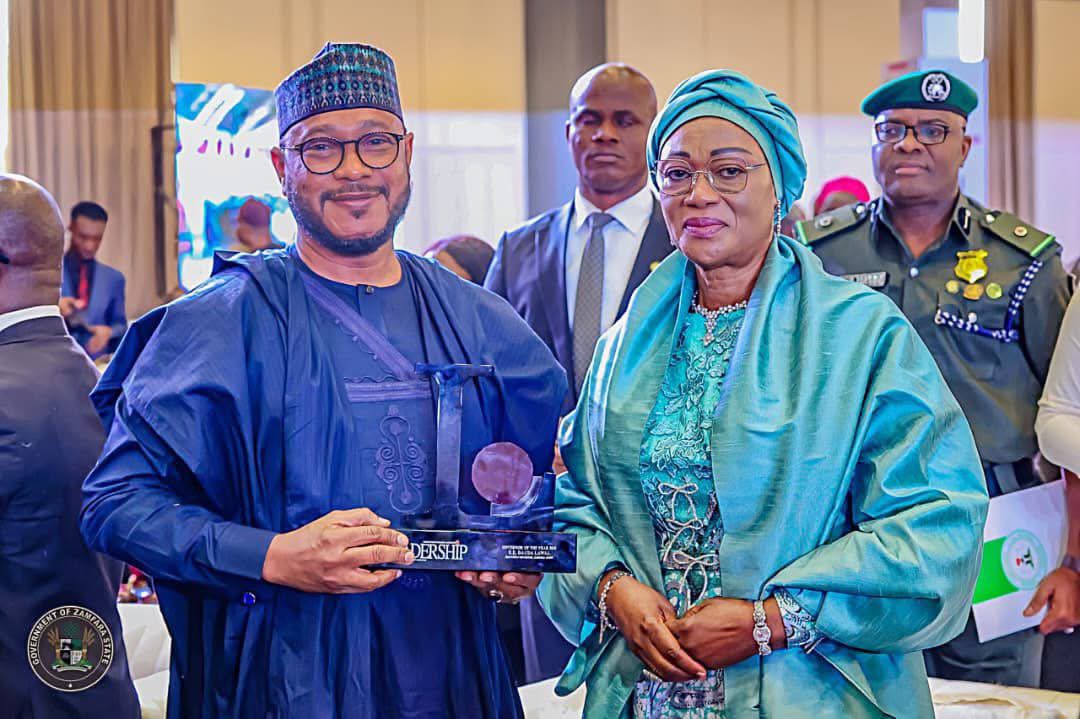
Governor Lawal Honored with Leadership Newspaper Governor of the Year Award, Pledges Continued Commitment to Zamfara’s Development
The Executive Governor of Zamfara State, Dr. Dauda Lawal, Ph.D., has reaffirmed his administration’s unwavering dedication to fostering tangible progress and rebuilding public trust in the governance of Zamfara State. His commitment to the state’s development was underscored during the recent Leadership Newspaper annual conference, where he was awarded the LEADERSHIP Newspaper Governor of the Year Award today Thursday 12th of February at the Bola Ahmed Tinubu International Conference Centre in Abuja.
This award symbolizes recognition from the LEADERSHIP Newspaper, which aims to honor distinguished figures who have made significant contributions worthy of national admiration. According to a statement released by his spokesperson, Sulaiman Bala Idris, the annual awards and conference highlight exemplary leadership and achievements across various sectors in Nigeria.
The event was graced by notable figures, including Dr. Amina Mohammed, the Deputy Secretary-General of the United Nations, who delivered an insightful keynote address. Dr. Mohammed elaborated on this year’s theme: “Political Stability and Sustainable Development in Africa in an Increasingly Unstable Global System: A Roadmap for Nigeria,” emphasizing the critical need for strong governance to navigate contemporary challenges.
When presenting the award to Governor Lawal, the LEADERSHIP Newspaper highlighted the governor’s exemplary leadership qualities and his comprehensive transformative initiatives that have marked significant progress in Zamfara State. The statement noted, “Governor Dauda Lawal’s remarkable performance and courageous leadership have positioned Zamfara on a renewed path of progress, peace, and sustainable development.”
This recognition is a testament to the impactful policies and initiatives launched under Governor Lawal’s administration, including efforts to enhance security, improve infrastructure, and promote economic growth. The newspaper concluded that Governor Lawal’s leadership reflects excellence and profound commitment to the welfare of his constituents, making him exceptionally deserving of this esteemed national recognition.
Notably, this accolade follows closely on the heels of another significant honor bestowed upon the governor just two weeks prior, when he was named The Sun Newspaper Governor of the Year at a ceremony held at the Eko Hotels and Suites in Lagos. These accolades signify a growing acknowledgment of his transformative leadership and the positive changes taking root in Zamfara State under his guidance.
celebrity radar - gossips
Mrs Township Finalist 2026 Leads Community Action to Support Disadvantaged Learners

Mrs Township Finalist 2026 Leads Community Action to Support Disadvantaged Learners
As the 2026 academic year begins, hope and compassion are taking root at Theresapark Primary School, thanks to the remarkable leadership of Mrs Nkone Maringa, a respected community member and Mrs Township South Africa Finalist 2026.
In a powerful demonstration of grassroots leadership and social responsibility, Mrs Maringa, in partnership with Theresapark Sasol Garage, spearheaded a community clean-up of the school’s garden area. The initiative was carried out in preparation for the school’s feeding scheme garden, which will support disadvantaged children with fresh, nutritious produce throughout the school year.
Planting Seeds of Change
The garden project goes beyond beautifying the school environment. It is designed to become a sustainable source of food for learners who rely on the school feeding programme as a vital lifeline. By preparing the land ahead of the school reopening, Mrs Maringa and her partners ensured that planting can begin immediately, setting the tone for a productive and caring 2026.
“This project is about dignity, nutrition, and giving our children a healthy start to the year,” the initiative reflects—aligning perfectly with Mrs Maringa’s long-standing commitment to community upliftment.
A Record of Community Impact
Mrs Nkone Maringa’s involvement at Theresapark Primary School is one of several impactful projects she has undertaken in her community. Known for her hands-on approach, she consistently mobilizes local businesses, volunteers, and stakeholders to address real needs—especially those affecting children, women, and vulnerable groups.
Her work embodies the core values of the Mrs Township South Africa platform: leadership, service, empowerment, and positive social change. As a finalist for the 2026 title, Mrs Maringa continues to prove that true leadership is measured not by titles alone, but by tangible impact on the ground.
Corporate–Community Partnership in Action
The collaboration with Theresapark Sasol Garage highlights the power of partnerships between local businesses and community leaders. Their support played a crucial role in making the clean-up initiative successful, demonstrating how corporate social responsibility can directly transform lives at a grassroots level.
Looking Ahead
With the garden now prepared, Theresapark Primary School is set to launch its feeding scheme garden as learners return for the new academic year. The project stands as a symbol of hope, resilience, and collective effort.
As Mrs Nkone Maringa continues her journey as a Mrs Township South Africa Finalist 2026, her work at Theresapark Primary School serves as a shining example of how passion, partnership, and purpose can create lasting change—one garden, one child, and one community at a time.
celebrity radar - gossips
‘I Never Indicted Egbetokun’ — Jesam Michael Rebuts Sowore’s Allegations

‘I Never Indicted Egbetokun’ — Jesam Michael Rebuts Sowore’s Allegations
Abuja — Businessman Jesam Michael has strongly refuted claims attributed to him in a recent report by activist and publisher Omoyele Sowore, describing the publication as false, misleading, and a total misrepresentation of his statements.
In an exclusive chat on Saturday, Michael denied ever making the allegations credited to him by Sowore concerning the Inspector-General of Police (IGP), Kayode Egbetokun, while both men were reportedly inmates at the Kuje Correctional Centre in October 2025.
Sowore, in a widely circulated account, claimed that Michael had alleged receiving operational support from senior police officers, including the provision of office space within the Nigeria Police Force Headquarters, police protection, and the use of officers to detain individuals connected to a purported Ponzi scheme. The report further alleged financial inducements involving senior police officers.
However, Michael dismissed the account as “entirely fabricated.”
“I never made those statements to Omoyele Sowore or to anyone else,” Michael said. “At no point did I accuse the Inspector-General of Police or any senior police officer of providing me with offices, police units, or protection. The claims attributed to me are false and malicious. I only met him briefly when he came to greet Nnamdi Kanu’s younger brother whom I share a block with here and there is no way we could have sat down to discuss such fabricated stories ”
Michael specifically rejected claims suggesting that he supported or “served” police officers, insisting that he never stated that he had any police unit at his disposal or that law enforcement personnel acted on his instructions.
“I never said I supported police officers or had officers working for me. That allegation did not come from me,” he said.
He also denied claims that his properties were shared among senior police officers, describing the allegation as baseless and untrue.
“At no time did I say that my properties were shared among police officers or anyone else,” Michael stated.
Additionally, Michael categorically refuted allegations credited to him that a retired Deputy Inspector-General of Police, Dasuki Galandanchi, collected ₦250 million or played any role in silencing victims.
“I never mentioned DIG Dasuki Galandanchi, nor did I accuse him or anyone else of collecting money. That statement was never mine,” he said.
Michael further alleged that Sowore, through intermediaries, had previously attempted to persuade him to publicly indict the IGP in exchange for media backing—an offer he said he firmly rejected.
“I was approached repeatedly through a lawyer called Marshall, allegedly acting on Sowore’s behalf, asking that I make statements against the IGP so an article could be published. I refused, and I believe this publication is retaliation for that refusal,” he stated.
According to Michael, he declined to entertain the lawyer again after the initial contact, insisting that he would not be used to advance any personal or political agenda.
Sowore had earlier narrated his detention following the #FreeNnamdiKanuNow protest, alleging harassment by police officers and accusing the IGP of acting unlawfully in office. His report cited conversations he claimed to have had with Michael during their time in custody as further evidence of alleged corruption within the Nigeria Police Force.
Michael, however, maintained that any legal issues surrounding him are already before the appropriate authorities and are being handled by the Economic and Financial Crimes Commission (EFCC).
“My case is before the law. I have not, and will not, make reckless allegations against individuals or institutions to gain favour or sympathy,” he said.
As of the time of filing this report, the Nigeria Police Force has not issued an official response to either Sowore’s allegations or Michael’s rebuttal.
The development adds a new layer to the ongoing public controversy surrounding Sowore’s claims against the police hierarchy, with Michael’s denial raising questions about the accuracy of statements attributed to private individuals in politically sensitive narratives.
Jesam Michael’s business challenges are currently being addressed at the federal high court as well as FCT high court Jabi. He is very confident that justice will surely be done at the end of the day.
Joining Sowore in his pursuit of cheap blackmail against the IGP, other senior police officers or anyone else has never and will never be a part of Jesam Michael.
To say the least, Jesam Michael is totally disgusted by the stories falsely peddled by Sowore and wishes to totally dissociate him self from the false and malicious stories told by Sowore.
Sowore should please look for another willing tool to use not Jesam Michael.
-

 celebrity radar - gossips6 months ago
celebrity radar - gossips6 months agoWhy Babangida’s Hilltop Home Became Nigeria’s Political “Mecca”
-

 society6 months ago
society6 months agoPower is a Loan, Not a Possession: The Sacred Duty of Planting People
-

 news6 months ago
news6 months agoTHE APPOINTMENT OF WASIU AYINDE BY THE FEDERAL GOVERNMENT AS AN AMBASSADOR SOUNDS EMBARRASSING
-

 Business6 months ago
Business6 months agoBatsumi Travel CEO Lisa Sebogodi Wins Prestigious Africa Travel 100 Women Award









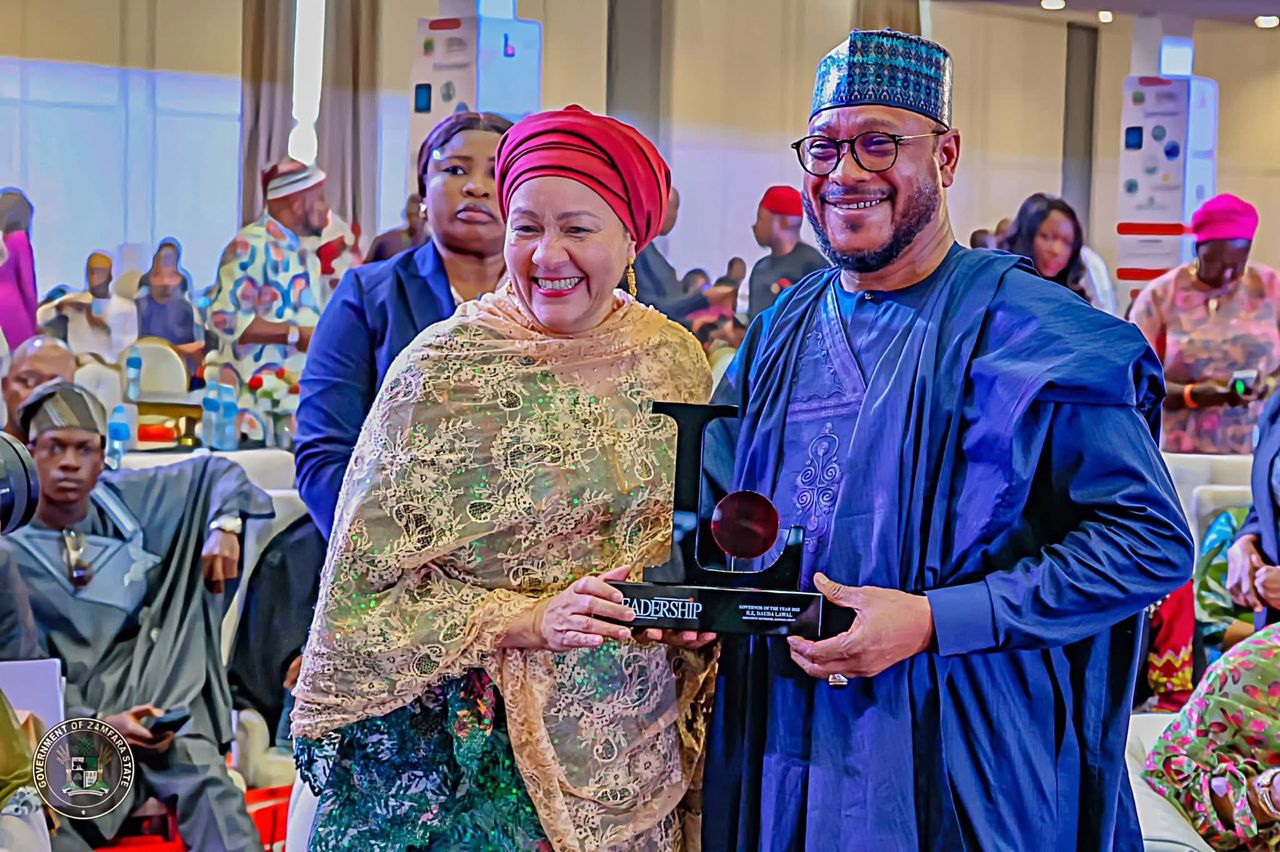
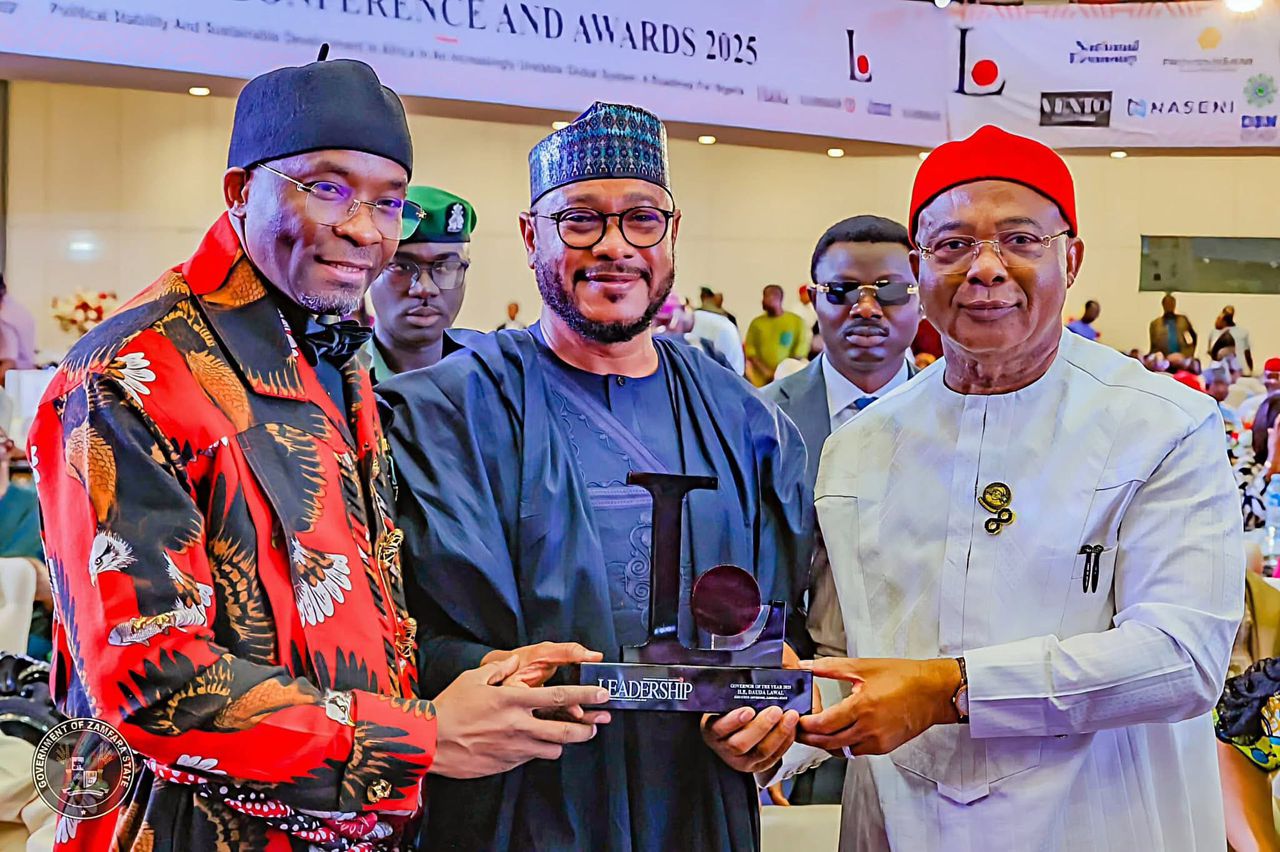
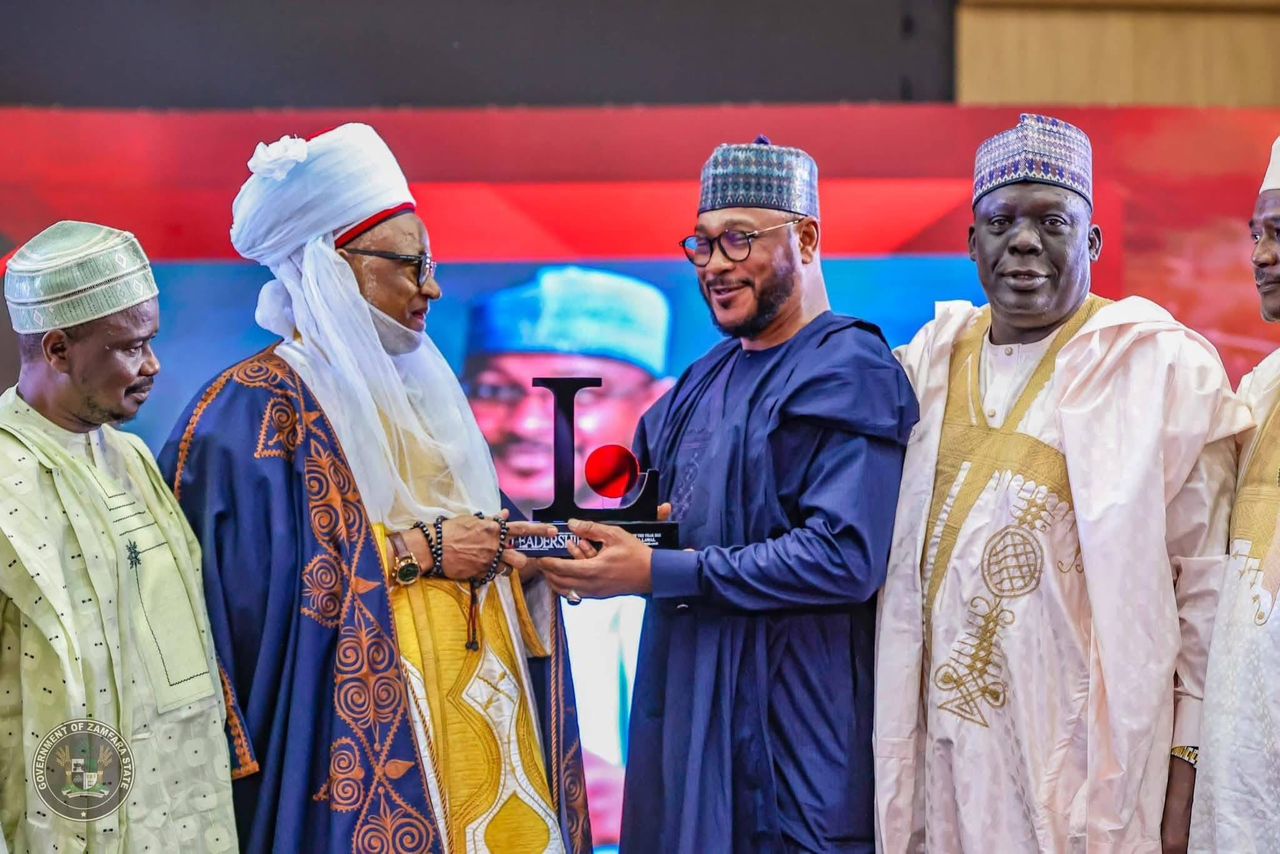
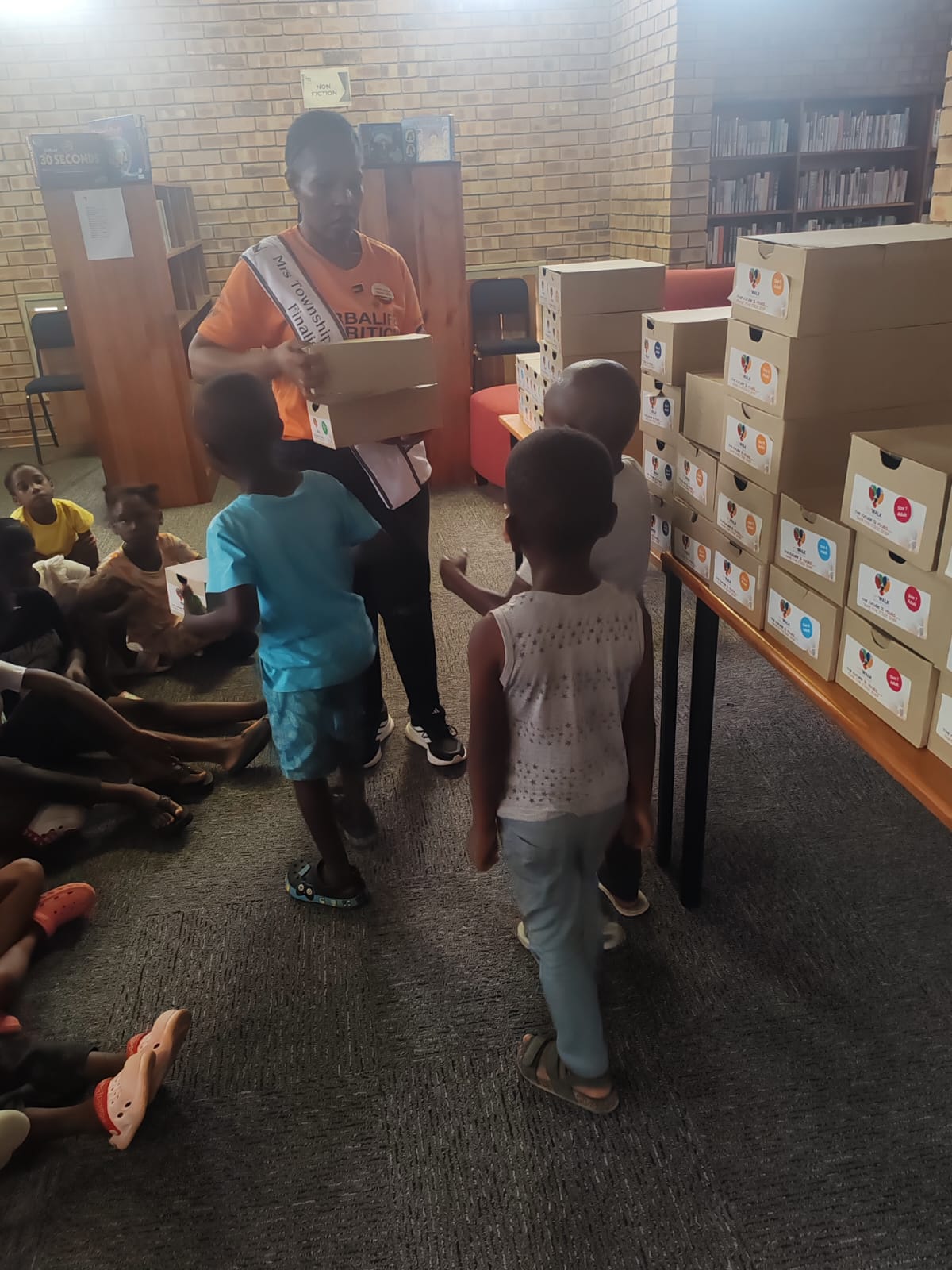
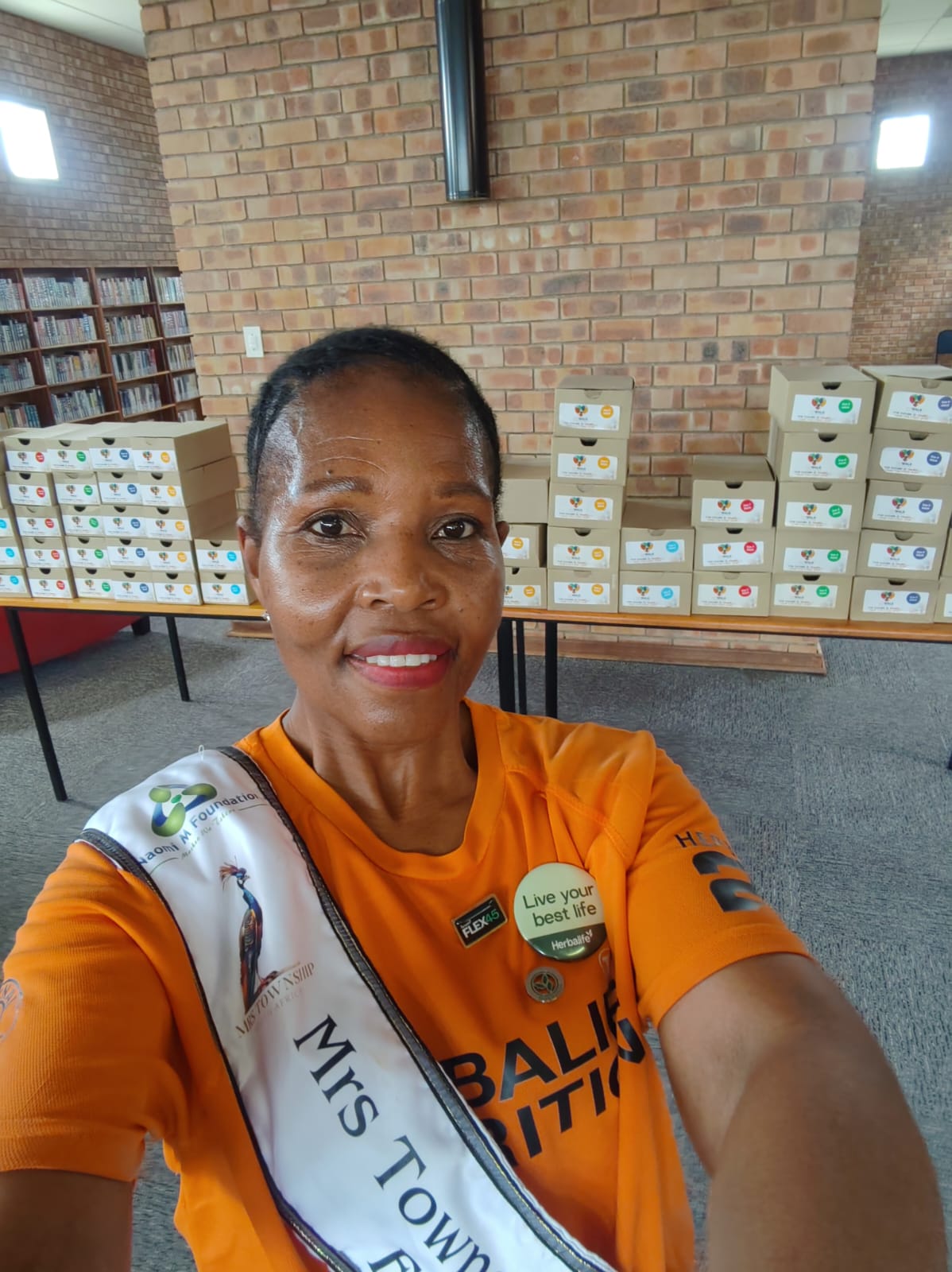
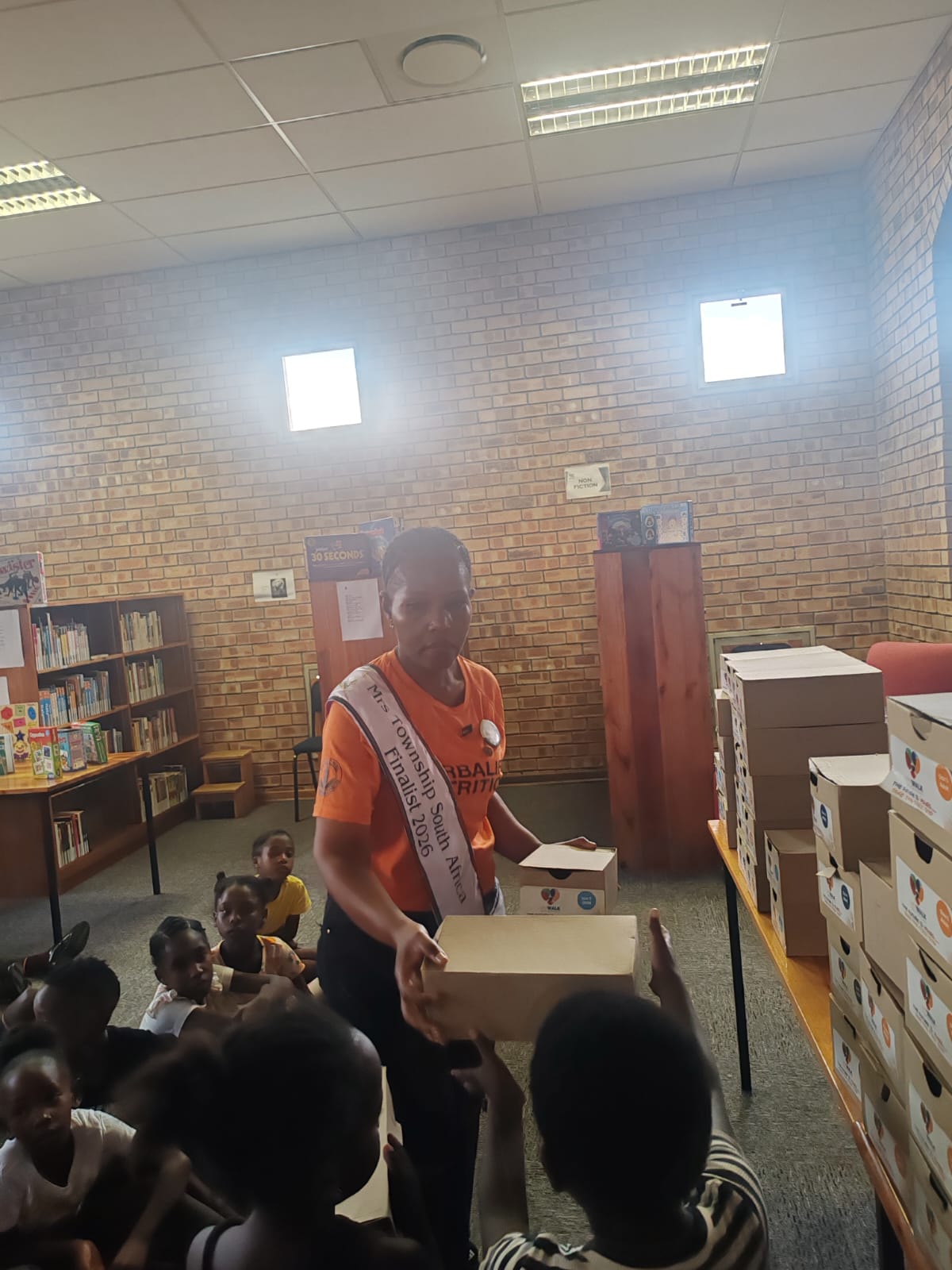
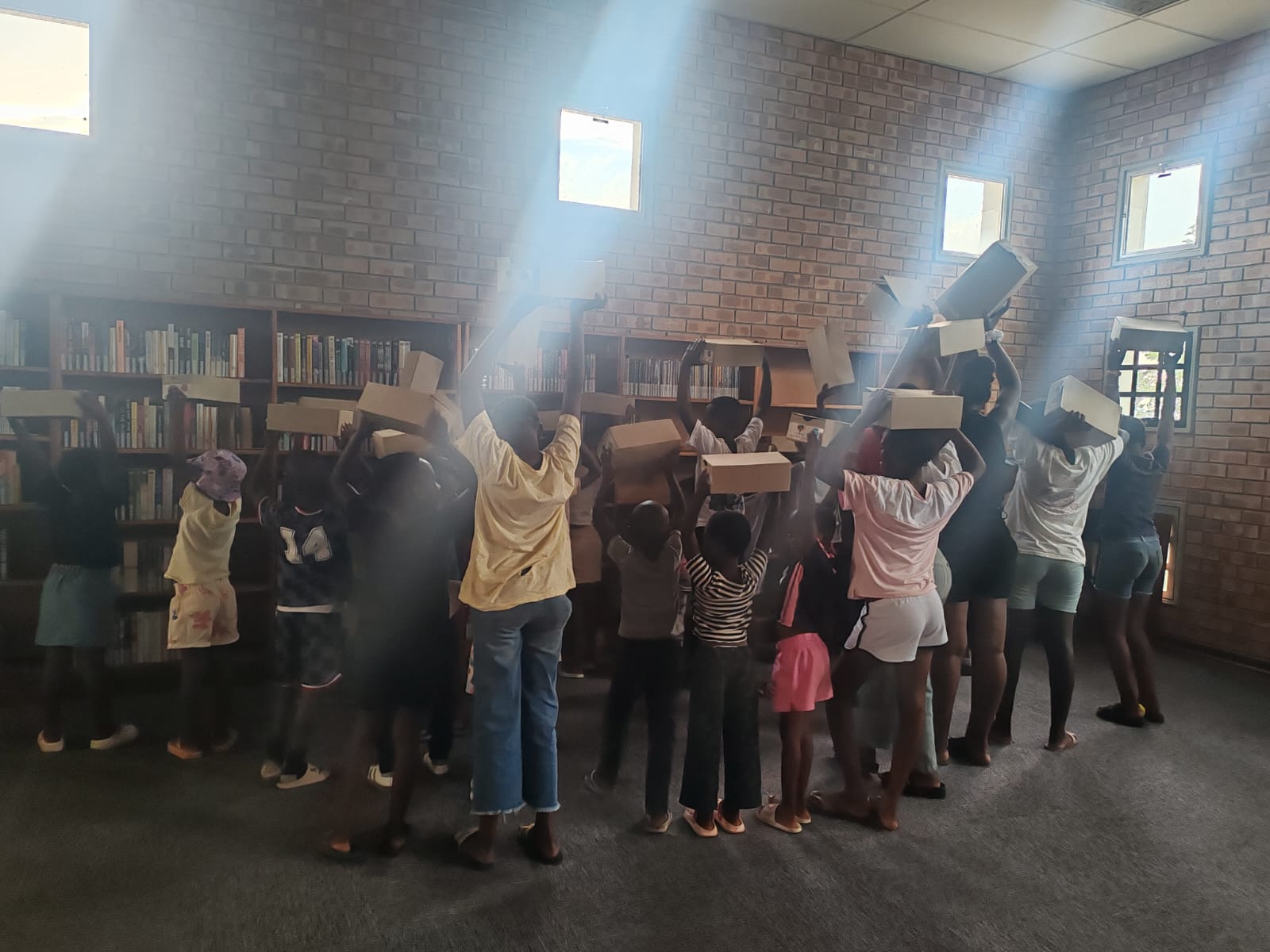

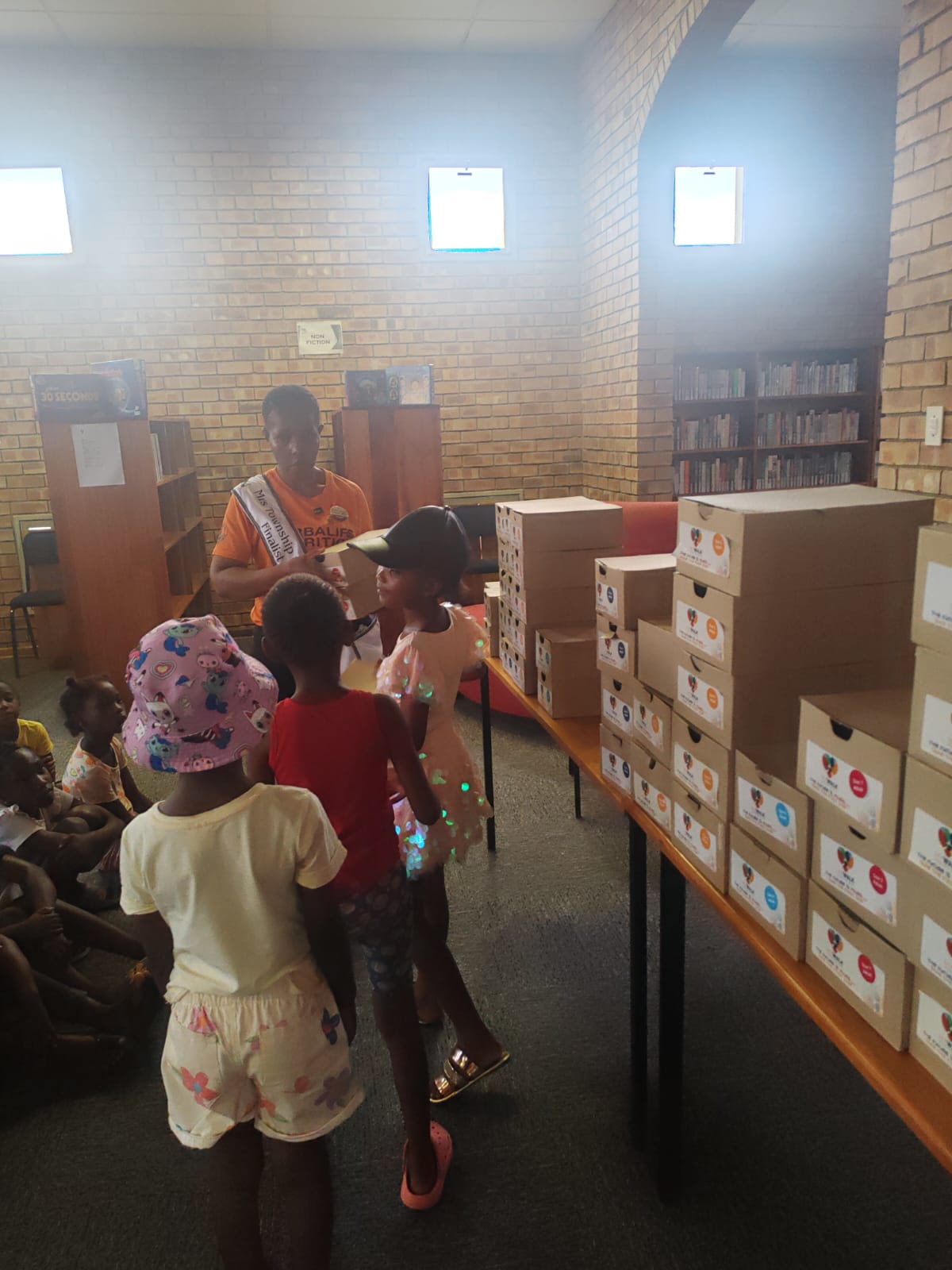
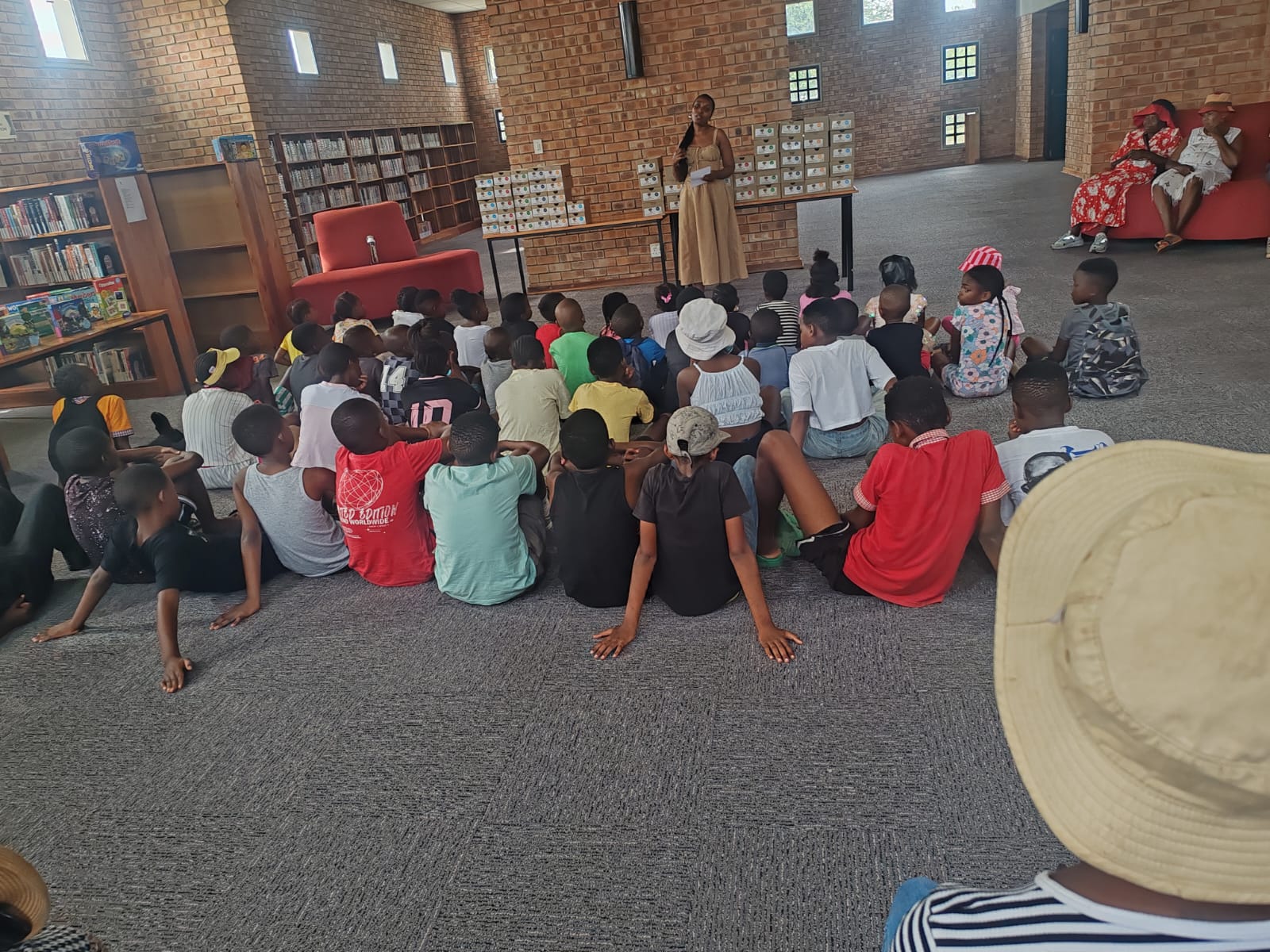
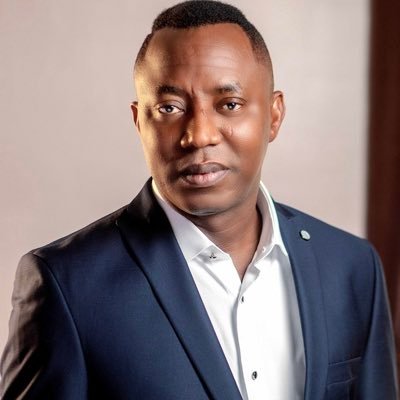

You must be logged in to post a comment Login